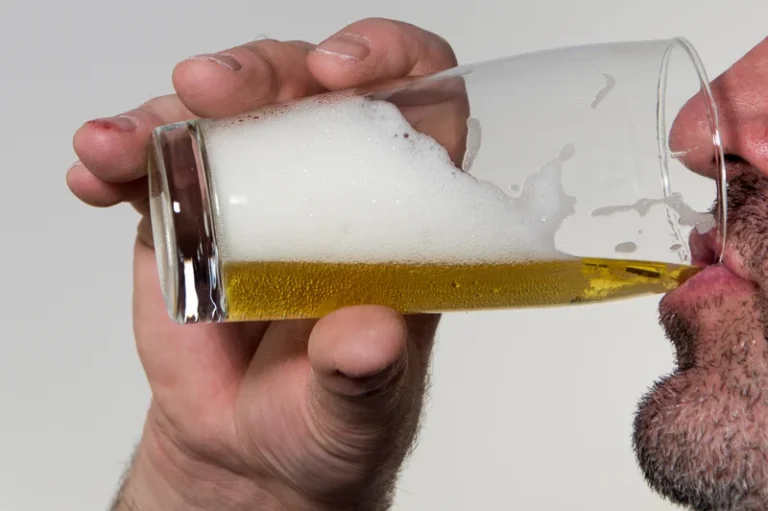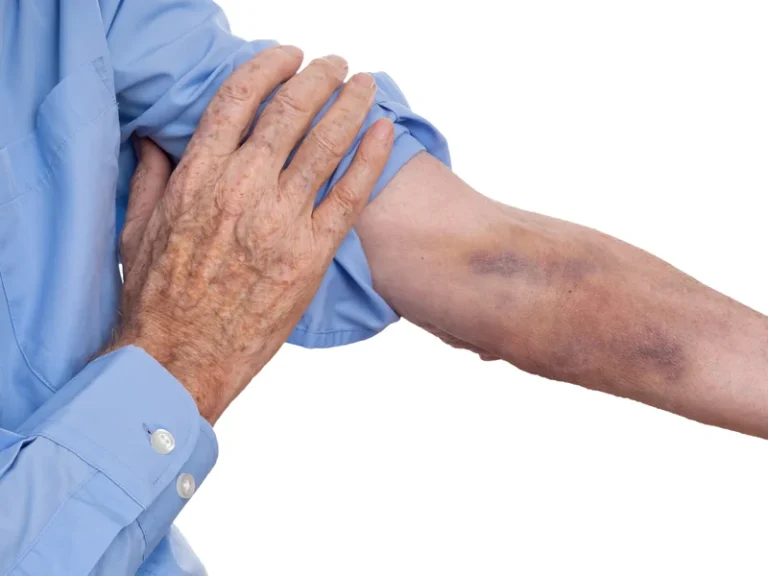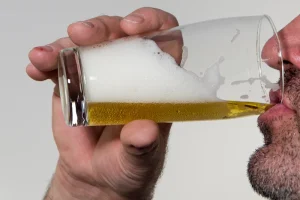
Moreover, alcohol dependence was one of the concomitant factors in subjects with impaired glucose tolerance that are diagnosed with performing standard 75 g oral glucose tolerance test. https://ecosoberhouse.com/article/ketamine-addiction-symptoms-effects-and-treatment/ This suggests that alcohol might impair fasting and postprandial glycemic controls and thus, alcohol consumption may be a risk factor for T2DM 15. Extensive studies using animal models of chronic alcohol intake have provided insight into the possible mechanisms, which contributes to the development of diabetes. Previously, our study demonstrated that chronic heavy drinking aggravates T2DM.
- They show the amount of carbs and sugar in different alcoholic beverages.
- The development of both insulin resistance and impaired glucose tolerance, conditions that precede the onset of T2DM, are closely linked with alcoholism.
- Some people who take oral diabetes medicines should talk with their provider to see if it is safe to drink alcohol.
- Withdrawal symptoms from alcohol can be extremely painful and sometimes life-threatening, so if detox is needed, it is recommended to undergo treatment in a facility providing around-the-clock medical supervision.
Use a Continuous Glucose Monitor (CGM)
- In patients with either T1DM or T2DM, the root cause of factual hypoglycemia is always hyperinsulinemia.
- Strengths of our study were that we were able to take HED as well as a number of socioeconomic, health and lifestyle and psychosocial factors into account.
- Some alcoholic drinks are worse than others when you have type 2 diabetes.
- Alcohol does the same thing, especially when consumed in larger quantities.
- It found moderate consumption appeared to offer some protection against the condition in women and Asian populations, while heavy consumption raised the risk in almost all groups.
Too much alcohol can also affect your ability to know your blood sugar is low and to treat it. Drinking alcohol can make you lightheaded at first and drowsy as you drink more, both of which may be similar to the symptoms of low blood sugar. The symptoms of intoxication and low blood sugar can be similar (slurred speech, dizziness, lack of coordination, or even a loss of consciousness), so it’s helpful to have someone in the group who understands the difference. Unlike type diabetes and alcohol 1 diabetes, which involves an insufficient production of insulin in the body, type 2 diabetes refers to having insulin resistance. While there are differences in treatment for type 1 and type 2 diabetes, the advice for alcohol use and diabetes management is similar. Alcohol can cause people to be more sensitive to insulin for a period of time.1 If someone living with diabetes consumes alcohol, they may need less insulin for carbohydrates and they should keep a fast-acting carbohydrate with them.
Appetite regulating peptides, particularly ghrelin and leptin
Below, you’ll find resources to help you spread the word about these NHOs with your audiences… National Health Observances (NHOs) are special days, weeks, or months dedicated to raising awareness about important health topics. Here are 10 effective strategies to combat prediabetes and improve your overall health. No potential conflict of interest relevant to this article was reported. This study was supported by a grant of the Korea Health 21 R&D Project, Ministry for Health, Welfare and Family Affairs, Republic of Korea (A090058).
Things to Keep in Mind If You Choose to Drink
Individuals who use glucose-lowering drugs, especially insulin and sulfonylureas, should aim to keep critically aware of their blood glucose levels while drinking and for up to 24 hours afterward. With all of this in mind, the risks of drinking alcohol when you have type 2 diabetes may outweigh any benefits. It’s important to keep your personal health top-of-mind, right along with the advice of your healthcare provider. For example, studies have shown that for people who have type 2 diabetes, occasionally drinking alcohol may slightly reduce glucose levels. In most cases, people with type 2 diabetes can drink alcohol in moderate amounts. As you may well know, living with type 2 diabetes often means cutting out or cutting back on foods and beverages that can affect sugar (glucose) levels in the blood.

That’s true for all drinkers — but it’s especially true if you have diabetes. Once a person consumes it, it is rapidly absorbed by the stomach and small intestine and enters the bloodstream. By Barbie Cervoni, RDCervoni is a New York-based registered dietitian and certified diabetes care and education specialist. Drinking is individualized and there’s no universal rule for how to do it safely when you live with diabetes. Talk to your doctor about your drinking habits and they can provide you with tips and tricks for how drink in a way that works for you.

